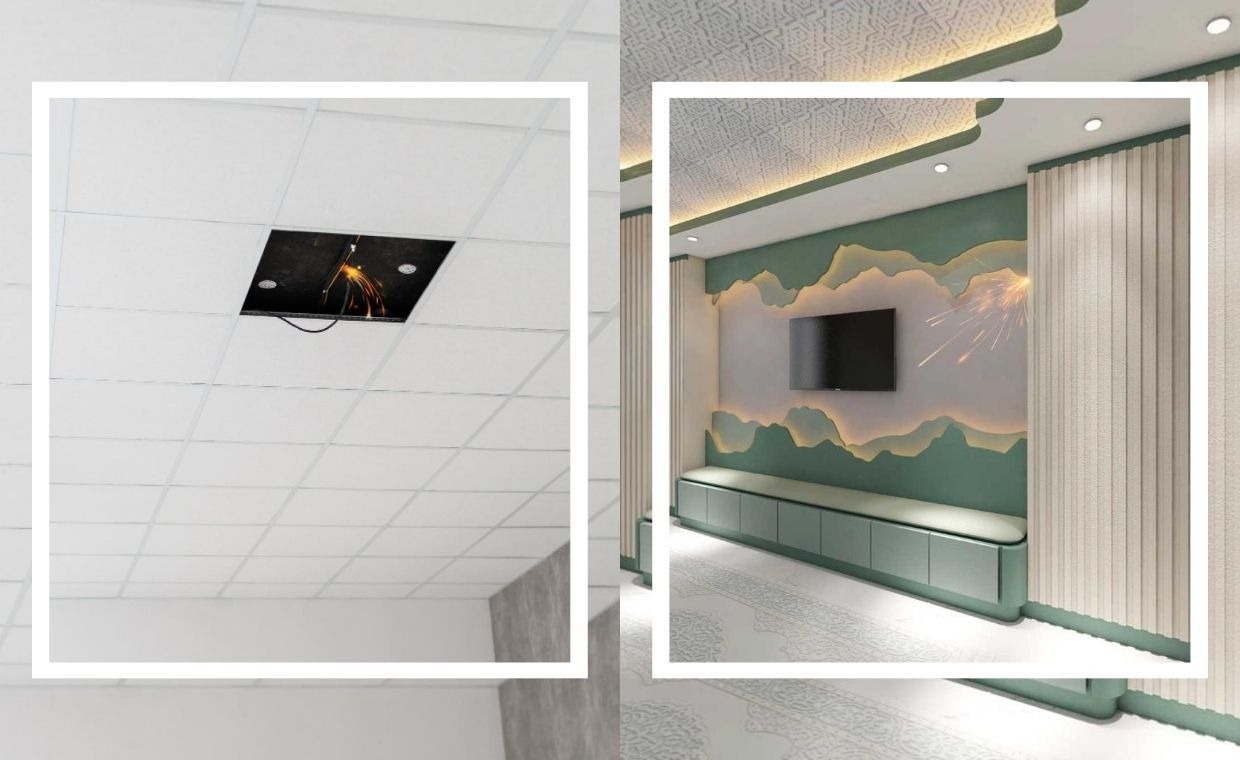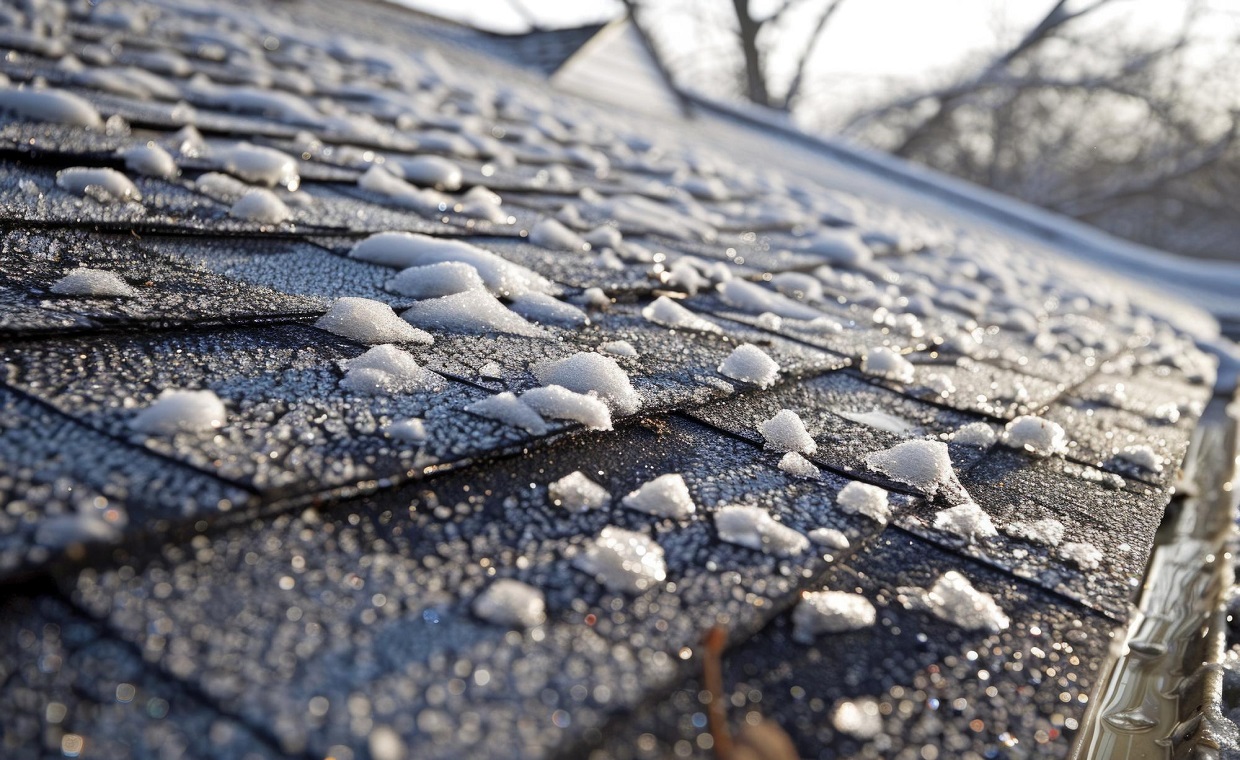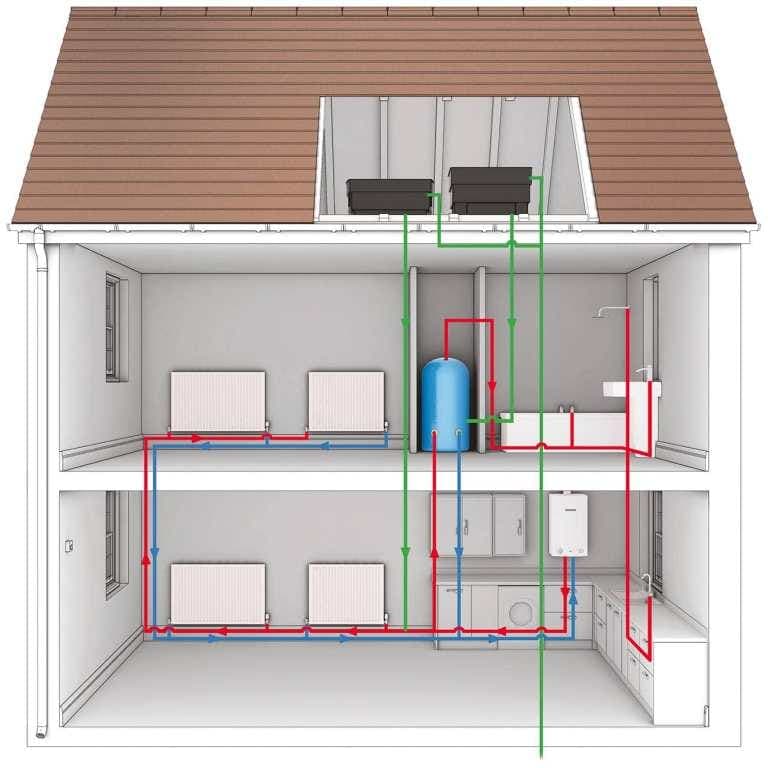
System or an appliance to keep the home warm or to have warm water is the basic necessity of a modern house, particularly in a cool climate. One cannot, therefore, think of a home without considering a home boiler. Deciding which boiler will make an efficient and practical fit with your home and lifestyle can be confusing. But to give you a clear idea about the boiler, you must read our whole article on buying a boiler!
Boilers are expensive no doubt. In fact, it’s advisable to take a Corgi Home Plan boiler cover for any eventualities. However, even before you get to the cover part, not many people know what to look for in a boiler or where to start looking for that matter.
Again, these items cost a lot of money, up to £5,000. Besides, you don’t want to buy an expensive item only for it to break down deep in winter.
Hence, In order to save the additional cost it is essential to keep in mind few essential things before buying certain boiler installation tips.
How Does a Boiler Work?
The “Boiler” term everyone knows, but many people don’t know how the home boiler work? The main function of the boiler is to keep your homes warm by heating of water. First of all, let us know that boilers use various methods to achieve their main function. Some use propane, natural gas, oil or electricity.
Nevertheless, the elements in any home heater will heat the water inside the boiler and distribute it through a series of pipes to your entire home, thus keeping the home warm. Furthermore, this home boilers can also heat your water.
Non-Condensing Boiler & Condensing Boiler: The Differences
If you’re looking to reduce carbon emission while saving energy, a condensing boiler is your best bet. This boiler uses flue gas in lower temperatures to preheat incoming cold water. By doing this, the boiler uses more outside than inside heat.
This enables the heater to achieve 99% efficiency, making it pocket-friendly compared to a non-condensing boiler.
Besides its efficiency, the condensing boilers are safer for your home. First, the boiler is sealed to increase insulation and it captures air from the outside. This means the boiler will not suck anything.
Moreover, since the condensed liquid exits the system through a drainage system, you’ll not come into contact with any toxic material.
You must also know these points before buying a boiler for your house.
01. Boiler Reliability
Boiler reliability refers to the ability of a particular boiler to remain functional for at least 6 years without the need for any repairs. With boiler repairs costing an average of £210, it’s important to buy a reliable boiler brand to avoid dents in your pocket in the name of repairs.
In addition, also keep in mind a broken boiler in the middle of the winter season means a freezing home and cold showers!
02. Consider an Engineers Opinion
An engineer’s opinion while selecting a boiler can be valuable. Since they understand how they perform, they know the best and worst brands in the market. Therefore, they’ll be in a perfect position to prescribe the best boiler for your home. iHeat’s website will come in handy when it comes to filtering up your options and finding the boiler that suits both your budget and your house.
While their input is valuable, but you shouldn’t take it as the gospel truth. This is because many engineers work with various brands which offer them incentives for installing their brands. Thus, when taking their advice, you may not be sure whether they’re recommending the brand for its reliability or their incentive.
03. The Types of Boilers
Boilers come in three major types. Combi Boiler, heat-only boiler and system boiler. Take a look:
- Combi Boiler – Combi boiler heats the water directly from the mains when you need or turn on your tap, thereby eliminating a storage tank. hot water storage cylinder or a cold-water storage tank in the roof space. This boiler is more suitable for small properties with a single bathroom and 2 occupants living. Combi boilers are also one of the most common boiler systems found in households. If you think this is the right boiler for your home, you can check out what does a combi boiler cost and see if it fits your needs and your budget.
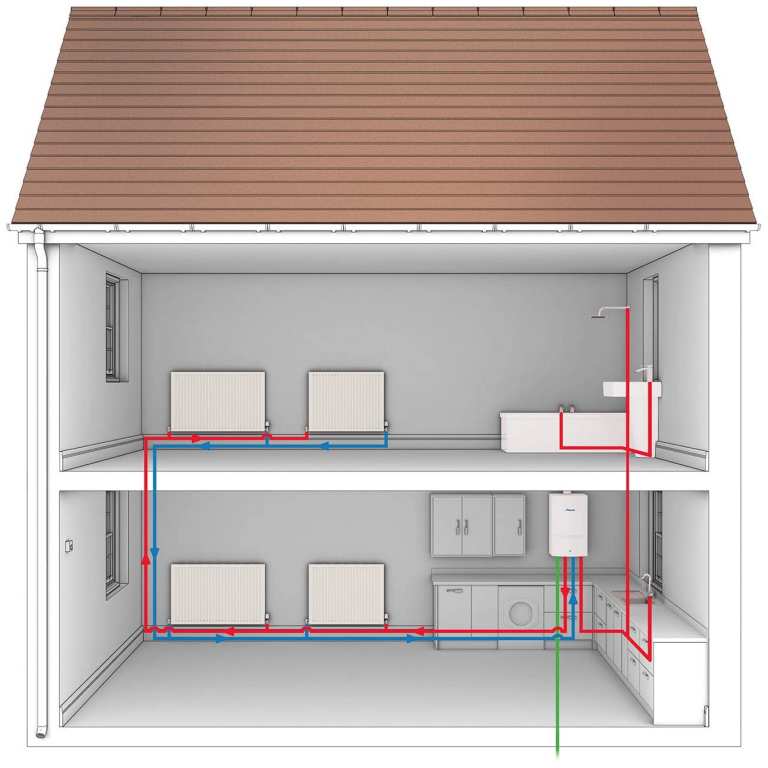
- Heat-Only Boiler – Heat-only Boiler is sometimes also referred to as a conventional boiler or regular boiler. This boiler type requires a cylinder or a tank which stores the hot water for use. If the house is bigger and has more than 2 occupants, then this is the best bowler.
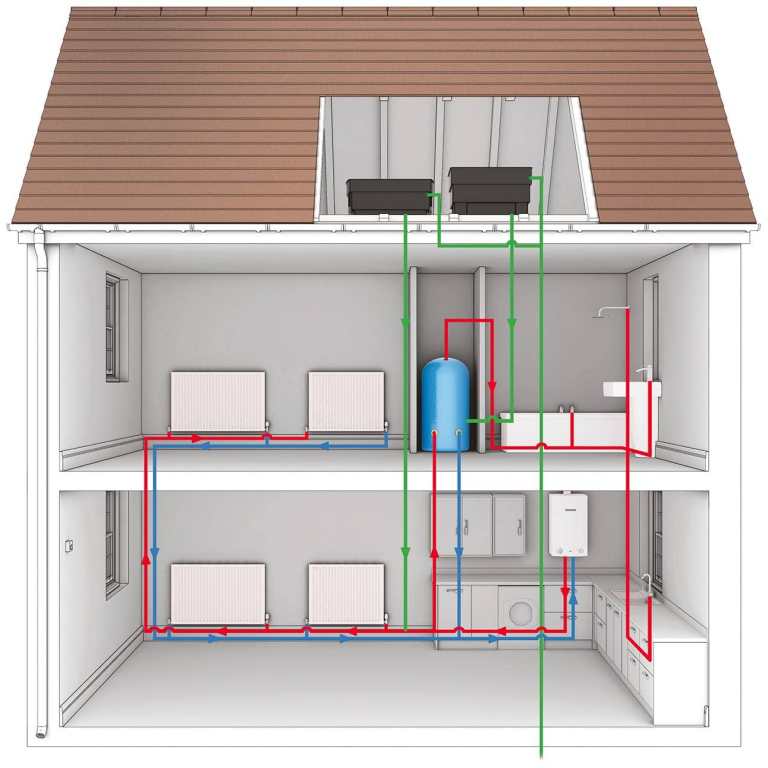
- System Boiler – System Boiler is an improved version of the heat-only boiler since it contains more components. System boiler requires a cylinder for storing hot water, however, the major heating and hot water system components are built into the boiler itself, making it easier and quicker to install. In addition, there is no need for a tank in the loft, so it can be a better option in a home with less loft space. Therefore, it makes installations easy since they occupy less space.
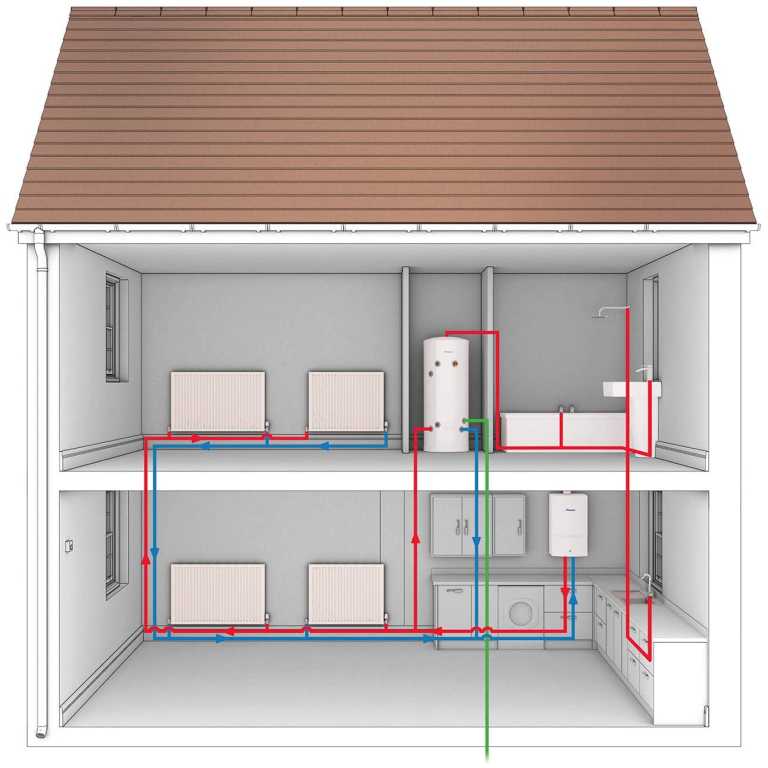
04. Boiler Efficiency
An efficient boiler will get the job done faster by using the least amount of resources. Gas condensing boilers offer more efficiency compared to old-style boilers, thus allowing you save on your energy bills.
According to Sedbuk, you can make up to £652 in annual savings on your energy bills if you swap your old boiler for the modern ones.
05. Boiler Size
When it comes to boiler size, you must consider two areas:
- The size of the boiler and whether the space set aside is enough for its installation.
- The boiler’s heating capacity.
These two factors are unique to every home since each house comes with different numbers of bathrooms not to mention the number of occupants. You can also consult your engineer for the right recommendations.
06. Consider After Care Support
Many customers only look at the boiler’s warranty without putting much emphasis on the installer. According to numerous boiler manufacturers, the installer must do frequent visits to your home to checks whether the boilers work well.
Again, according to these manufacturers, boilers breakdown as a result of poor installation rather than an actual boiler failure. Keep in mind these manufacturers don’t take poor installations lightly. In fact, if you call them to fix a broken boiler and it turns out to be a faulty installation, you’ll have to pay them for the visit.
As a result, the homeowner will have to track down the installing engineer to cover this payment. Note that this can be a frustrating move.
Therefore, it’s vital for you to look for a qualified engineer to install your boiler to avoid unnecessary costs.
07. Cheap is Expensive
Most of the time people opt for cheaper materials including their home boilers and the labour involved. Nevertheless, you must consider a number of items in the quotation when searching for an installer.
They include:
- The length of the guarantee
- The cleaning processes
- The installer’s experience
- Does installer offer aftercare service?
- Which controls will be used?
- Repair and maintenance cost per year/life cycle cost
A cheap boiler, on the other hand, may be suspicious and likely to break down as soon as you install it. Remember, a boiler should offer quality services for at least 10 years before it can breakdown. And in addition, you have to be careful while installing it; for boiler installation, you can check 247 Boiler Repair Man. In brief, it is the life cycle cost which is important as you end up paying it over the year through you might have to spend less initially. So do not get tempted by it.There you go. Everything you must consider when buying a new boiler or replacing your old one. With these tips, you’ll be able to know where to start looking and what to look for in a boiler. You can check out the new boiler cost here before replacing your old boiler. It would be great if you share your experiences in the comment section below.
Also Read:
Hot Water from Solar Water Heater during Cloudy or Rainy Days!
Electric vs Gas vs Solar Water Heater
8 Tips to Design Your Fireplace in a Home!

























